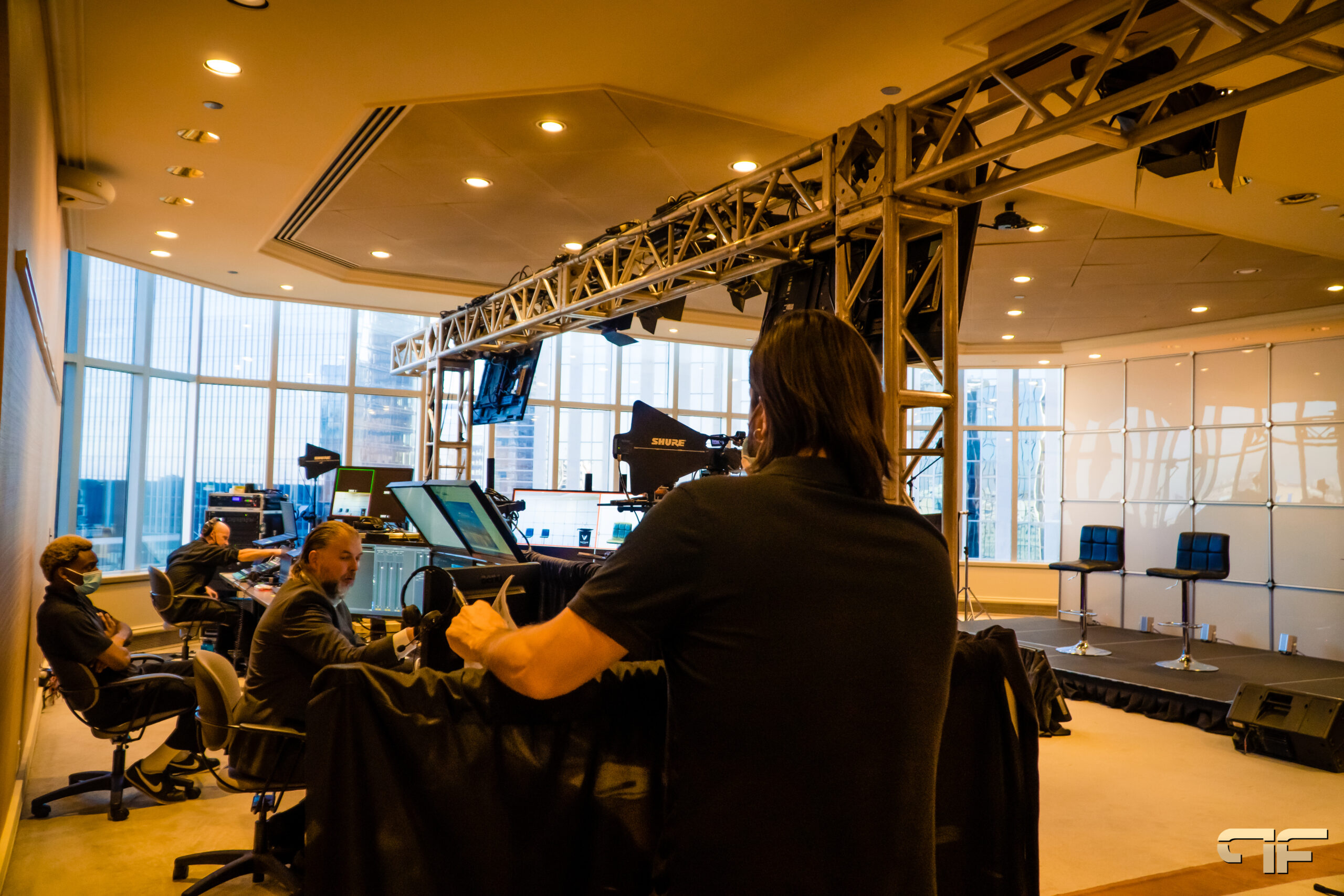
Some virtual event planning myths have led many individuals to believe that virtual events are ineffective. Interest in virtual event planning has increased significantly in the last two years.
Because of the false information that exists regarding virtual events, many individuals continue to be skeptical. Virtual events can, however, be even more effective than physical ones with the correct resources and preparation.
Discover the top 5 virtual event planning myths and discover the truths in this post that Future’s Past Events has prepared for you.
Myth 1: Networking Chances Are Not Available at Virtual Events
The idea that online events don’t offer worthwhile networking possibilities is a widespread one. But this is clearly untrue. At virtual events, networking opportunities can be generated in a variety of ways.
Virtual gatherings should integrate a variety of networking and communication methods to accommodate attendees’ preferences.
- Talk sessions throughout the event’s sessions and as a standalone networking opportunity
- video meetings with a few people
- hefty video conferences
- Having conversations with booth staff and setting up meetings directly from sponsor booths
- On the basis of common interests, suggested connections direct guests to other attendees with whom they can network
- video chats or happy hour sessions
- brief, recordable video content is an example of user-generated content
All of these can serve as networking opportunities for online events. Virtual event networking is more flexible due to the convenience of finding the right person.
Myth 2: Virtual Events Only Serve As A Temporary Fix
Virtual events are still seen as a fad until they are recognized as safe. Virtual events, however, are a permanent fixture.
Companies have observed numerous additional benefits as a result of the switch to virtual events. Businesses can make better decisions about their event strategy and more expertly measure KPIs and ROI from events thanks to improved real-time and post-event data reporting.
The answer to the challenges of modern business is virtual events. Due to increased productivity, job requirements, and lower real estate costs, some companies have already made plans to keep their personnel remote over the long run. Companies can more easily access these newly decentralized audiences by hosting virtual events.
Myth 3: Virtual Events Don’t Maintain Attendee Engagement
This is possible, but only if you aren’t doing things properly. It’s true that monotonous online experiences might make you feel drained of Enthusiasm. To attract audience members and maintain their attention, there are a variety of strategies that event organizers and speakers might utilize.
Engagement is built on top-notch content. No matter the format, if the material is absolutely amazing, people will be intrigued. High-energy and motivational speakers can still provide their enthusiasm in a virtual setting, and it’s frequently simpler to engage well-known presenters for virtual events due to the reduced time commitment and absence of travel.
In-session polls, Q&As, and gamification are additional virtual tools that can aid in retaining attendees’ attention and encouraging involvement.
Myth 4: There Are No Possibilities for Sponsors or Exhibitors at Virtual Events
This is a fallacy that is spread widely, but the opposite is actually true! Sponsors are still able to use virtual versions of their traditional display booths. Virtual events also assist sponsors in fast-closing purchases. You may speed up your business by more effectively converting customers from the consideration phase to the customer loyalty stage by making virtual material available before events or meetings begin.
When attending an event in person, participants frequently don’t learn about sponsors or their goods until they are in front of a stand. Before the event, consumers can explore sponsored content at virtual events, and a recommendation engine can point them in the direction of suitable sponsors. This makes consumers more interested in and knowledgeable about event sponsors.
Myth 5: It’s Too Expensive And Difficult To Host Virtual Events
Even though you’ll need to spend money on a decent virtual event platform, it’s usually less expensive to host virtual events than in-person ones.
Although it may seem overwhelming at first, organizing a virtual event planning is not more challenging than organizing a physical one. Virtual event planning should be a pleasant and easy experience with the correct platform and staff on hand.
Due to the absence of speaker or attendee hotel rooms, catering, travel to the location, and conference center setup, there are frequently fewer logistical concerns.
Plan Your Own Successful Virtual Event with Futures Past Events
Do you want to make a virtual event that is truly entertaining for the participants? Futures Past Events can help you effectively achieve it with the appropriate virtual event planning preparation and the right audio visual assistance that will boost your event and make it memorable for both hosts and attendees.
Contact our event planners and professionals, who are expertized in providing premium quality audiovisual services and event assistance, anytime for your upcoming virtual event hosting!

Comments are closed.